It’s time for a confession.
I’m a bit of a nerd.
That’s a contentious word, I know. Its definition is somewhat deprecating, although I would argue that it, like many derogatory words, has been reclaimed by the people to which it was once applied in disdain, and is now worn as a badge of honour. (For example, nerd-me is thinking, “wow, there’s a lot of alliteration in that sentence, nicely done!”)
However, some nerds might dispute my claim over the word. I am not a nerd to the core idea of the word; not an expert in any particular field, my nerd-ness tends towards fandom, taking an immense joy from learning more about certain subjects. I suppose what makes me choose the word nerd is somewhat influenced by the scientific or educational nature of some of my passions. Rarely does one proclaim oneself a gardening nerd (which I am, if I’m using a general definition of an above-average knowledge and the derivation of joy) or a shoe nerd (this one somewhat self-evident if you meet me in person), but I am a nerd in the more traditional sense. Conversations I have had recently include topics such as “Star Trek Discovery is the greatest thing to happen to television since Game of Thrones,” “why the Oxford comma is as important as breathing,” and “speculative fiction vs science fiction; where do the paths deviate?”
I notice and research little things. For example, did you know that in this country, you don’t put a period after an abbreviation where the abbreviation is written with the first and last letter of that word. Kablam – that was my mind blowing when I discovered yet another little cultural quirk on my journey to understanding how to be a Brit. So you would write, “I ran into Dr Thompson at the shop,” but if you were referring to a road, you’d write, “he lives on Thompson Dr. in Selby.”
This is a rather long-winded introduction – but isn’t rambling another keystone of nerdiness?
I was going to open with: folks, seriously, the York Explore Library Archives are the best thing ever. But I felt that might be misconstrued as sarcasm (another thing I’m known for), so I wanted to break you into the idea gently. But now that we’re here, well, it’s time to go full nerd.
I took two groups of students to the archives, to think about how to use archival material in documentary story-telling. Here’s the thing, though. The archives houses at York Explore are immense. We’re talking, the original paper announcement of Richard III’s death, to records of flooding, fire and brimstone (seriously, York, what did you do?). There are nearly 1.5 miles of archives. It’s a lot to tackle in an afternoon, so Laura, our “adventure guide” for the visit (she didn’t call herself that, I did, but she’s free to take on the moniker if she likes it!) pulled out all the records for one specific day – the York Baedeker Raid of 29 April 1942, when Germany bombed the city.
The records took up four huge tables, and included anything and everything that happened during, and in the aftermath of the raid. There were the obvious things, like records of the 94 civilian deaths (which included five nuns who died when the Bar Convent was hit) and the many injuries, photos of the damage, and a map of the bomb sites. The latter artefact piqued the interest of an aviation fanatic (or, in keeping with the theme of the column, airplane nerd) student, who theorised the flight plans, including possible city of origin, of the raiding aircrafts, based on the patterns and sizes of bomb clusters. Other students latched onto the fact that the Lord Mayor at the time was a woman – York’s first – and began sifting through records to find other tasks that women took on whilst the men were away at war. Feminist nerds!
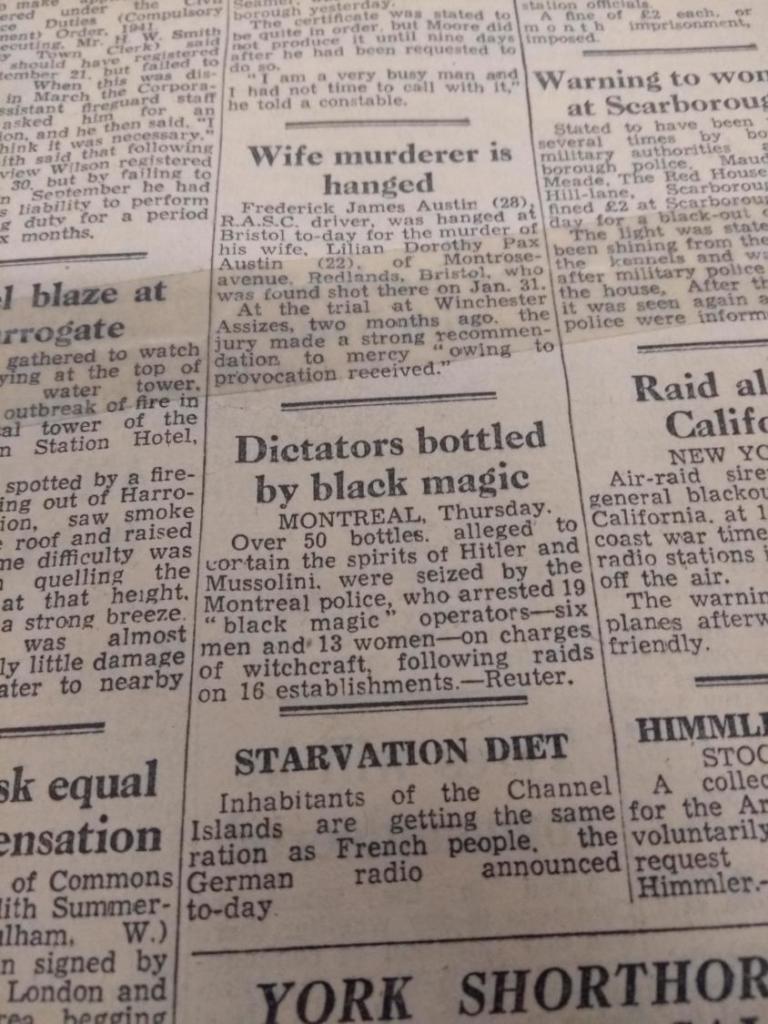
I was, however, most impacted by the hand-written pieces. The typed records were rich with detail, but I found it much easier to imagine the humans behind the hand-written treasures. I particularly loved this note on lovely letterhead from Andrew Guerri, Ladies’ Hairdresser and Hair Specialist. It seems that two months after the blitz, the proprietor was unable to return the loaned tarpaulins which covered the damage to his premises (52 Coney Street, which currently houses Frazer Hart), as it had not yet been seen to by the repair crews.
My favourite finds were of an esoteric nature. This one, for example, I found in the newspaper on the day after the bombings. It caught my eye because it involved Canada, and black magic. That’s a what now? Moment, if ever there was one. I’m still unclear how the bottles could have contained the spirits of the dictators in question, as they were both still alive, but hey, you keep doing that voodoo you do so well, Montreal.
One of my favourite treasures was a translation of the 1942 Baedeker’s Great Britain; the German version of Lonely Planet. The raids were named after the guide because it is theorised that after the RAF bombing of Lübeck – a city of cultural rather than military significance – Hitler used the Baedeker guide to identify similar targets for retaliation. Although it was a commemorative edition, and therefore lacked the yellowed tint of paper ravaged by the passing of time, it was fascinating to imagine German officers flipping through the pages to select their targets (which also included Bath, Canterbury, Exeter and Norwich).
As a documentary film producer and researcher, I have spent many hours bent over old photographs and archived documents, trying to evidence or create a visual representation of someone’s story. And as a writer, world-building is one of the most exciting parts of my creative process. That’s why I am an archive nerd. There’s really no better place to find tidbits of intrigue with which to build the foundation of a story.
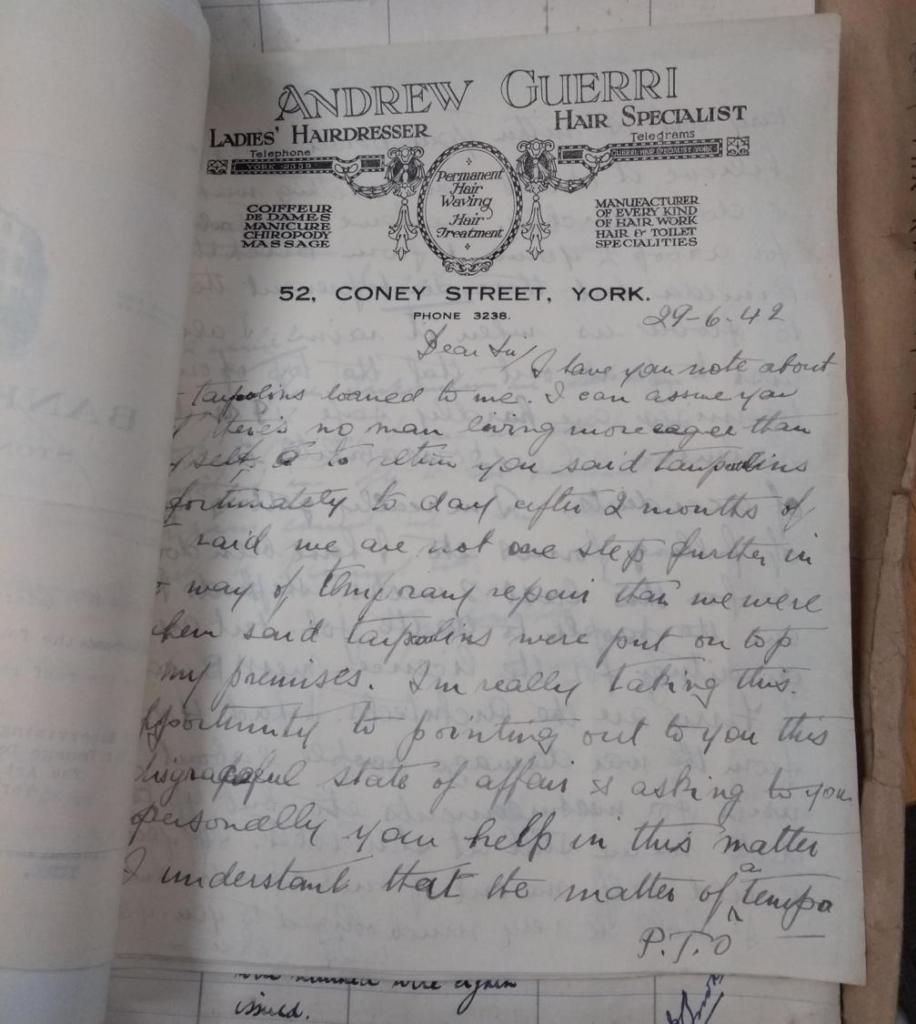
Anyone can delve through the archives at York Explore. The Archives Reading Room is open 9:30am-5:00pm Monday through Wednesday, and 9:30am-4pm on Saturdays. You must book in advance, as the adventure guides need time to find and pull the archives (search the catalogue to see if anything tickles your fancy!) you might wish to see.
Understanding where we’ve come from isn’t nerdy – none of the things I’ve mentioned really are, but I guess it’s that fine line between enjoying something, and choosing to write an entire column about it, that takes an interest from casual to nerd-dom. All I can say is, any fellow history-literary-documnetarian nerds out there should really “check out” the archives. See what I did there? It’s a nerdy joke. Because, you know, you check out books at the library?
Signing off now as your only Canadian LocalLink nerd,
Anne

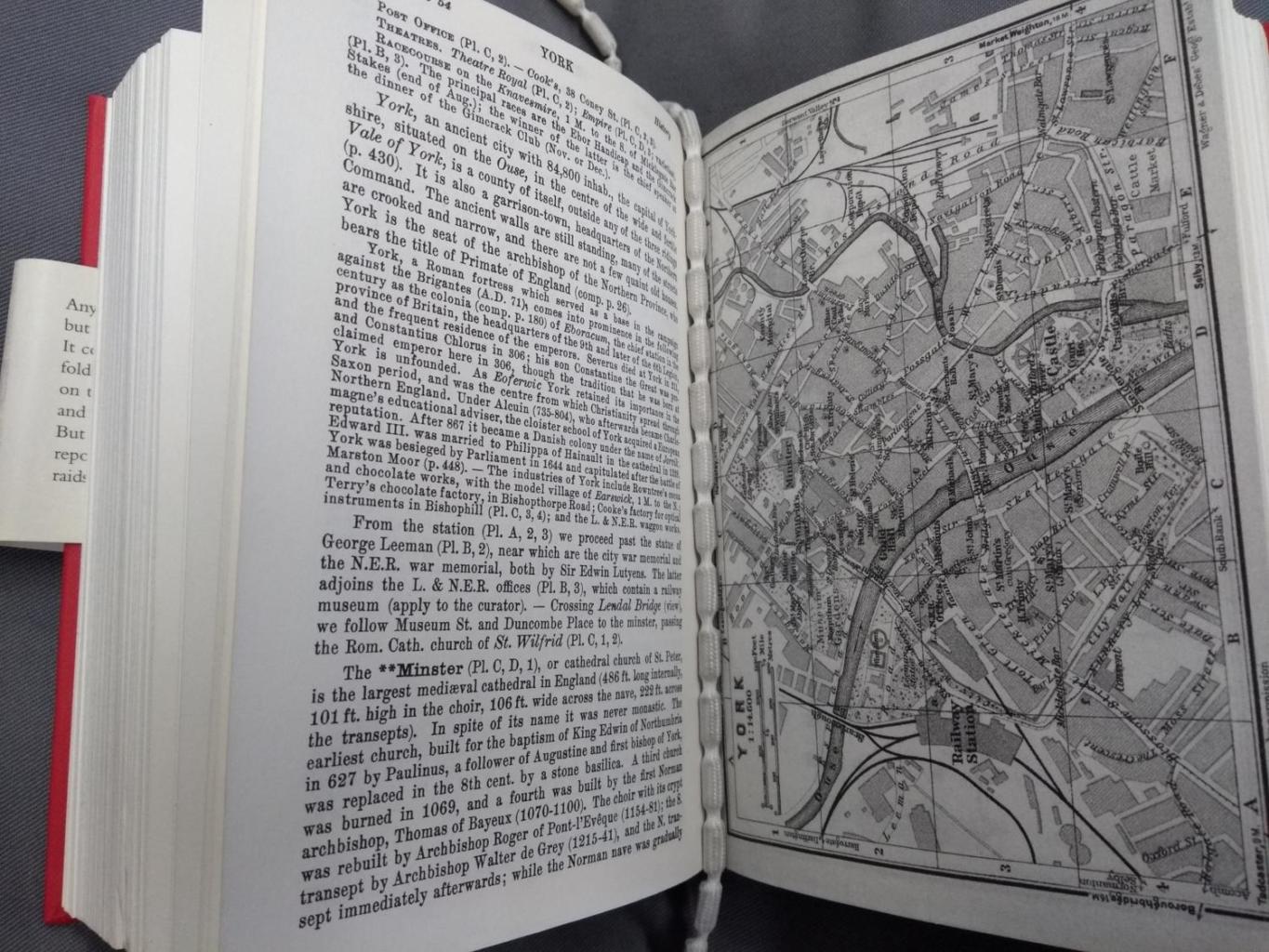


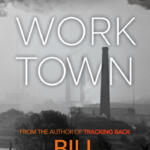
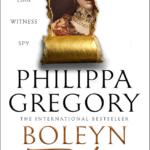


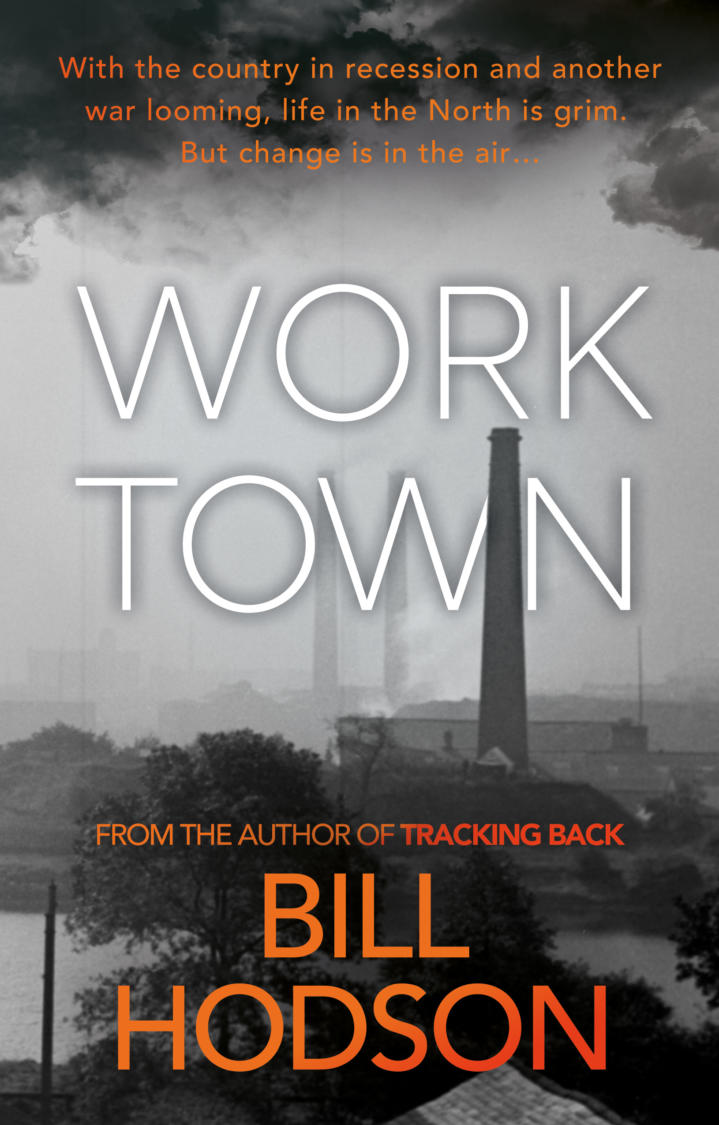
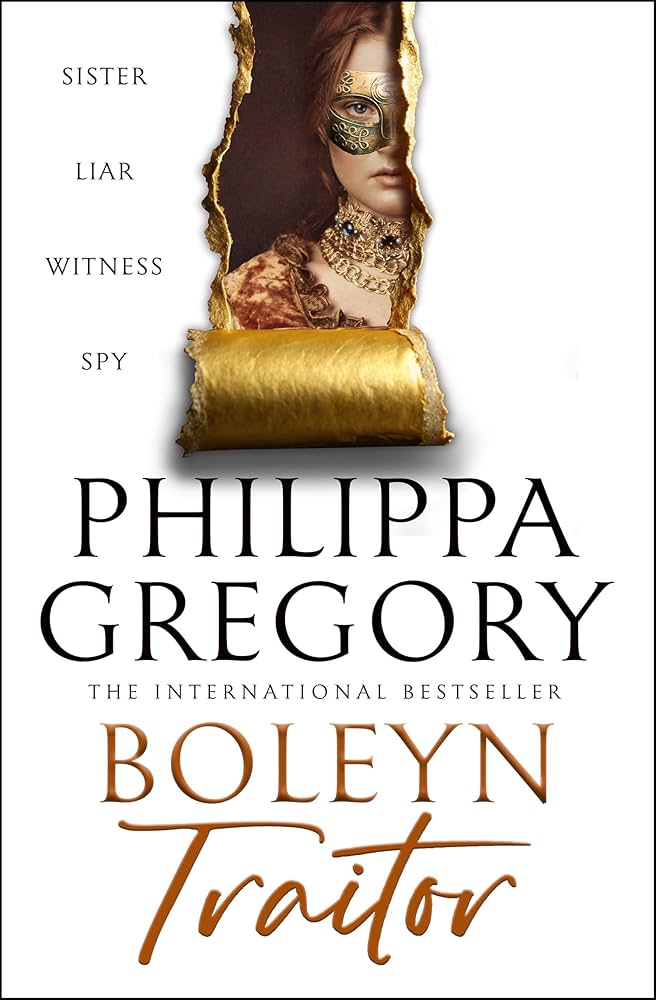

Add a comment